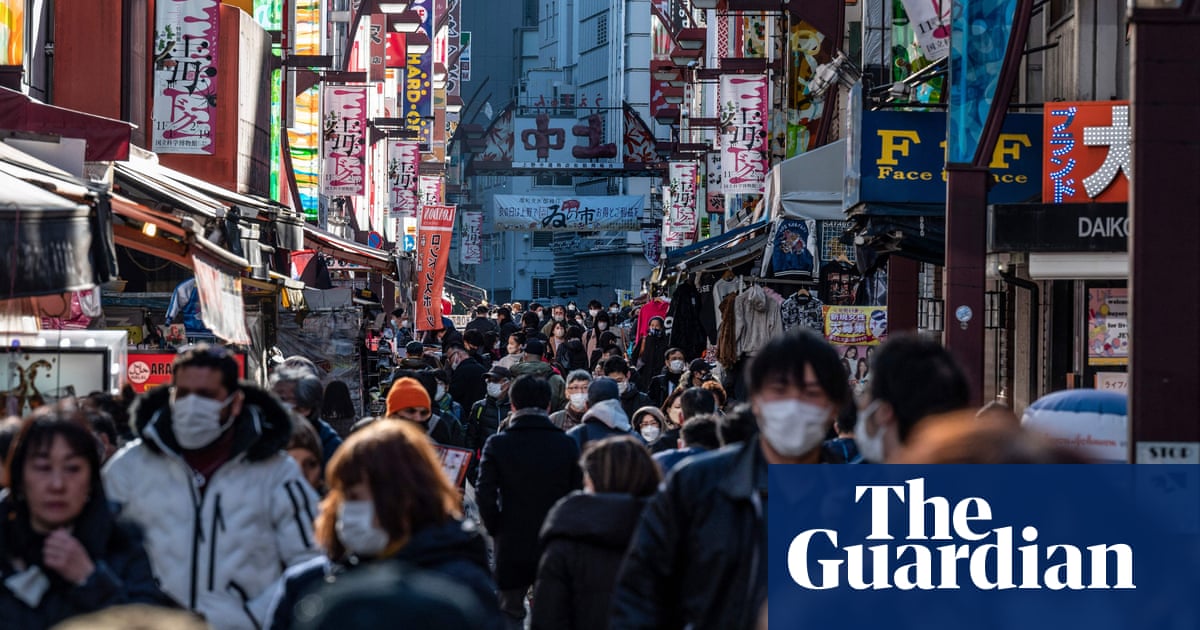Tokyo cracks down on ‘kasuhara’ amid rise in customers abusing staff

Japan is celebrated for its exceptional levels of customer service. But the behaviour of a growing number of customers and clients leaves a lot to be desired.
The rise of the abusive consumer has prompted authorities in Tokyo to introduce the country’s first ordinance – a locally approved regulation – to protect service industry staff from kasuhara – the Japanese abbreviated form of “customer harassment”.
While the Tokyo ordinance, which will go into effect in April, does not carry penalties, experts hope the move will highlight a growing social problem and, perhaps, encourage people to think twice before taking out their frustrations on staff.
A union survey this year found that almost one in two workers in the service sector – which accounts for 75% of employees in Japan – had been subjected to customer meltdowns, ranging from verbal abuse and excessive demands to violence and doxing on social media.
In one instance, an assistant manager at a supermarket in Tokyo received a call from a shopper claiming that the tofu he had bought at the store had gone off, according to the Asahi Shimbun newspaper. When the employee visited the shopper’s home to check, he found that the tofu – a product with a short shelf life – had been bought a fortnight earlier.
Not wanting to alienate the shopper, the employee tried to remain diplomatic but was then ordered by the customer to prostrate himself and apologise.
Outbreaks of rage have crept into local government offices, with one female employee at a Tokyo ward office recounting how an elderly resident accused her of wishing she would die and invited her to drop dead instead.
“It seems that people feel they can say whatever they want when dealing with public servants because they are paying tax,” the official told the Asahi. “ I wish they could understand that employees are human beings too.”
The labour ministry is reportedly considering tightening the law further to address kasuhara across a wide range of sectors, including public transport, restaurants and call centres.
The Tokyo metropolitan assembly approved the ordinance last week under pressure from unions and industry representatives, which warned that the scourge of the disgruntled customer was spreading to other parts of the country.
Three other prefectures are considering similar measures, while some municipalities and firms now give employees the option of displaying only their given names on their ID badges. A Tokyo department store this year said it would ban troublesome customers and call the police in serious cases, while other firms, including Nintendo, have said they will not engage with abusive people.
The ordinance states that “no person shall engage in customer harassment anywhere” and that “society as a whole should try to prevent abuse”, but it recognises the value to businesses of legitimate feedback.
Writing on the Nippon.com website, Hiromi Ikeuchi, a professor of sociology at Kansai University, attributed the rise of kasuhara to several factors, including the tendency to regard customers as “gods” in the battle to stay profitable in an increasingly tough business environment – an approach that has shifted the power balance from firms to their customers.
“As Japanese society as a whole became more consumer-oriented, the tables were turned, giving some consumers an unconscious bias that has caused them to expect to be treated like gods, as well as having certain expectations of staff,” Ikeuchi wrote.
Kasuhara is one of several forms of harassment Japan has been forced to confront in recent years, along with matahara (maternity harassment), pawahara (power harassment) and jenhara (gender harassment).
